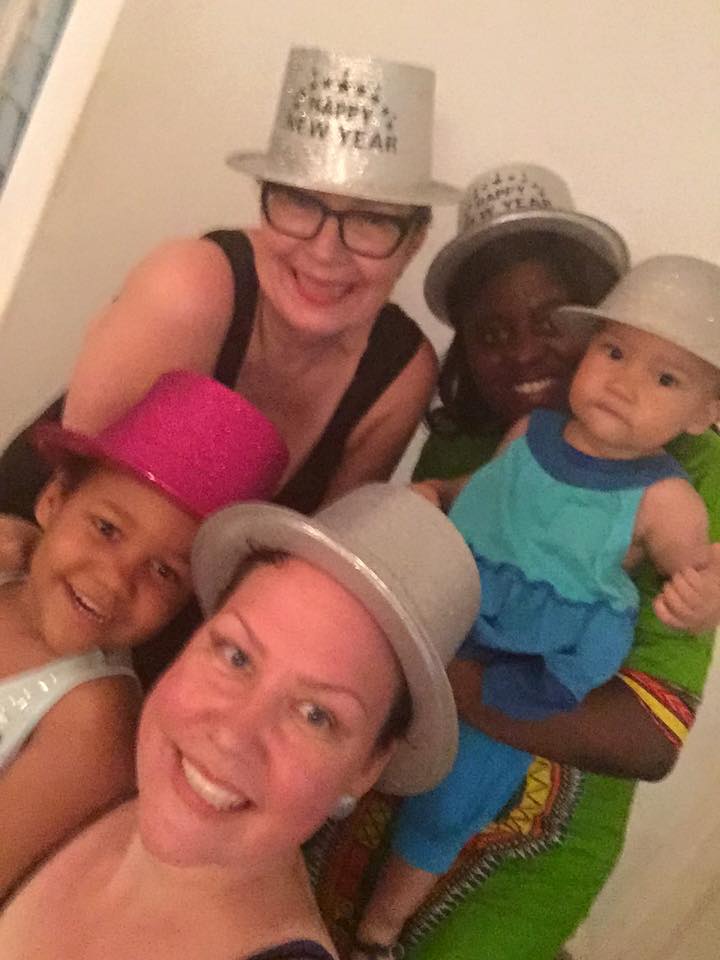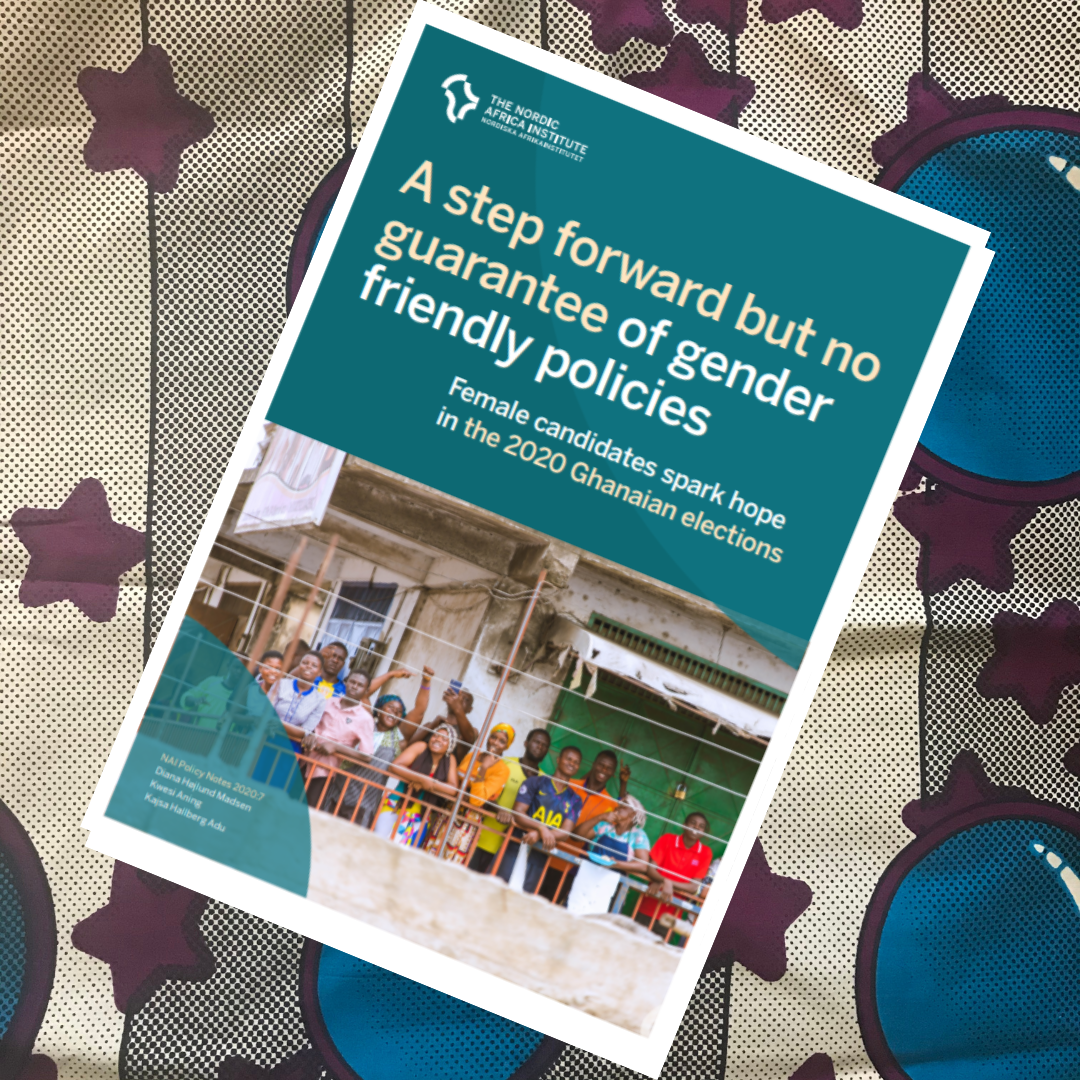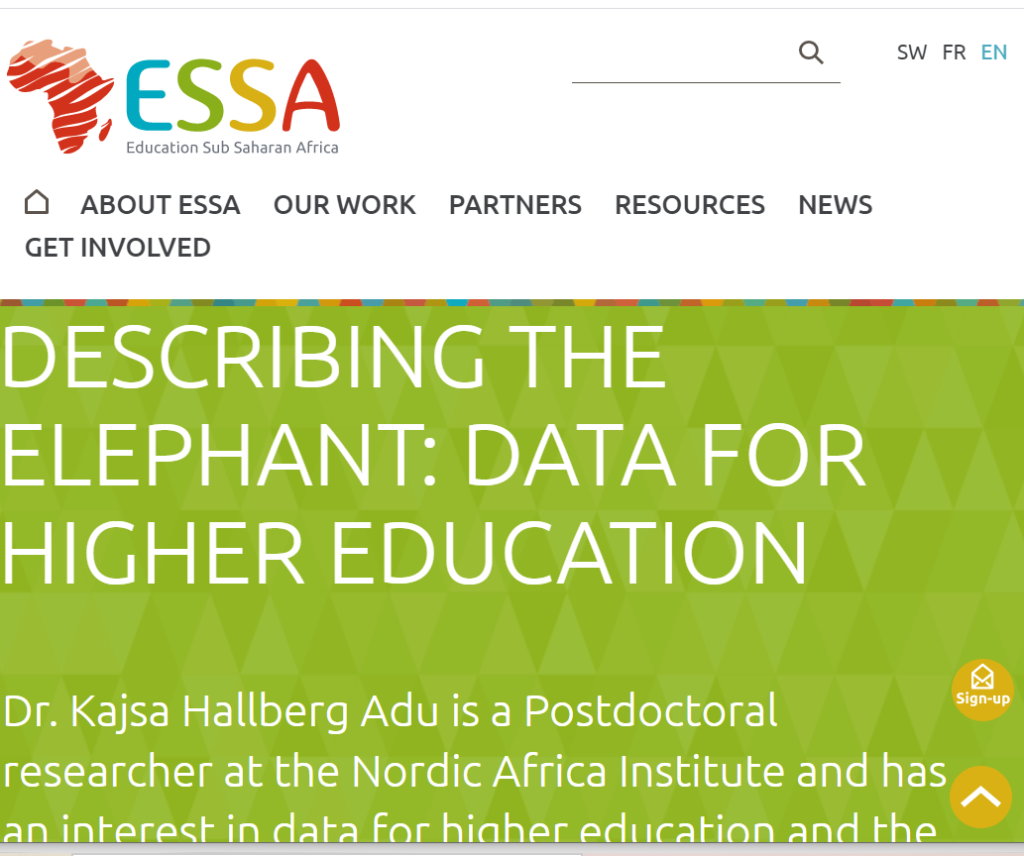
In an ongoing collaboration with Education Subsaharan Africa (ESSA), I was invited to write a blog post for them. I chose to write about the problem of reliable and comparable data on higher education in African countries for ESSA’s “Doing more with Data”-series.
I write:
This year, 9.8 million students in Africa were not able to go to their universities as they used to because of the Coronavirus pandemic.
The aggregated estimate (UNESCO) covers the continent as a whole. This data reminds us of a major issue for the African higher education sector – there is not enough detailed, open and recent data to make good policy and research.
While higher education in Africa struggles with resources, relevance and impact it is easy to forget the issue of data for planning. The adage about a group of people describing the different parts of an elephant — and coming back with widely different conclusions about the animal based on describing the trunk or the tail, reminds us of the complex issue at hand. Policy makers, university administrators and researchers of higher education all need quality and timely data points from all levels of the sector: individual departments, universities, countries, regions and continents.
At the Nordic Africa Institute we have been mapping the discipline of political science on the continent, we realized it was impossible to find comparable data on the number of students by discipline over time. The same was true for data on professors in the discipline.
To align this with the elephant story, without a systematic way of describing the sector, we end up with confusing data. With such difficulties it is hard to conclude on basic trends: if the discipline is growing or declining, and subsequently what links the size of the discipline has to democratization and transparent governance…

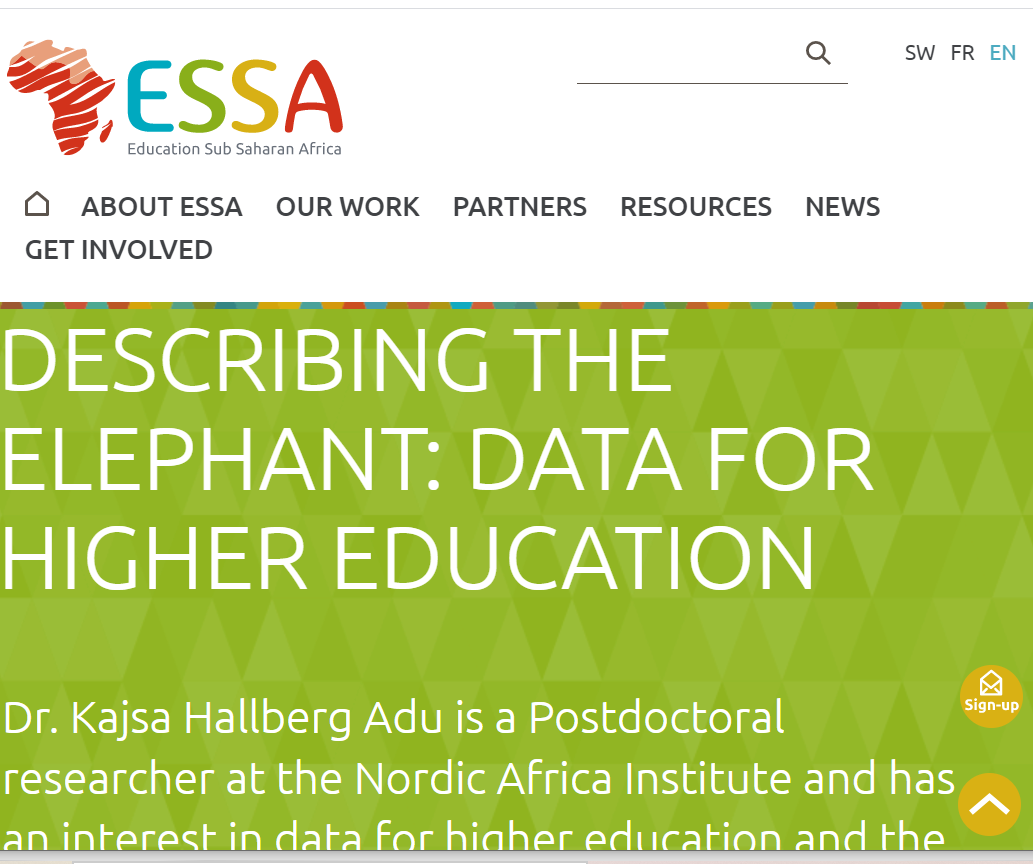

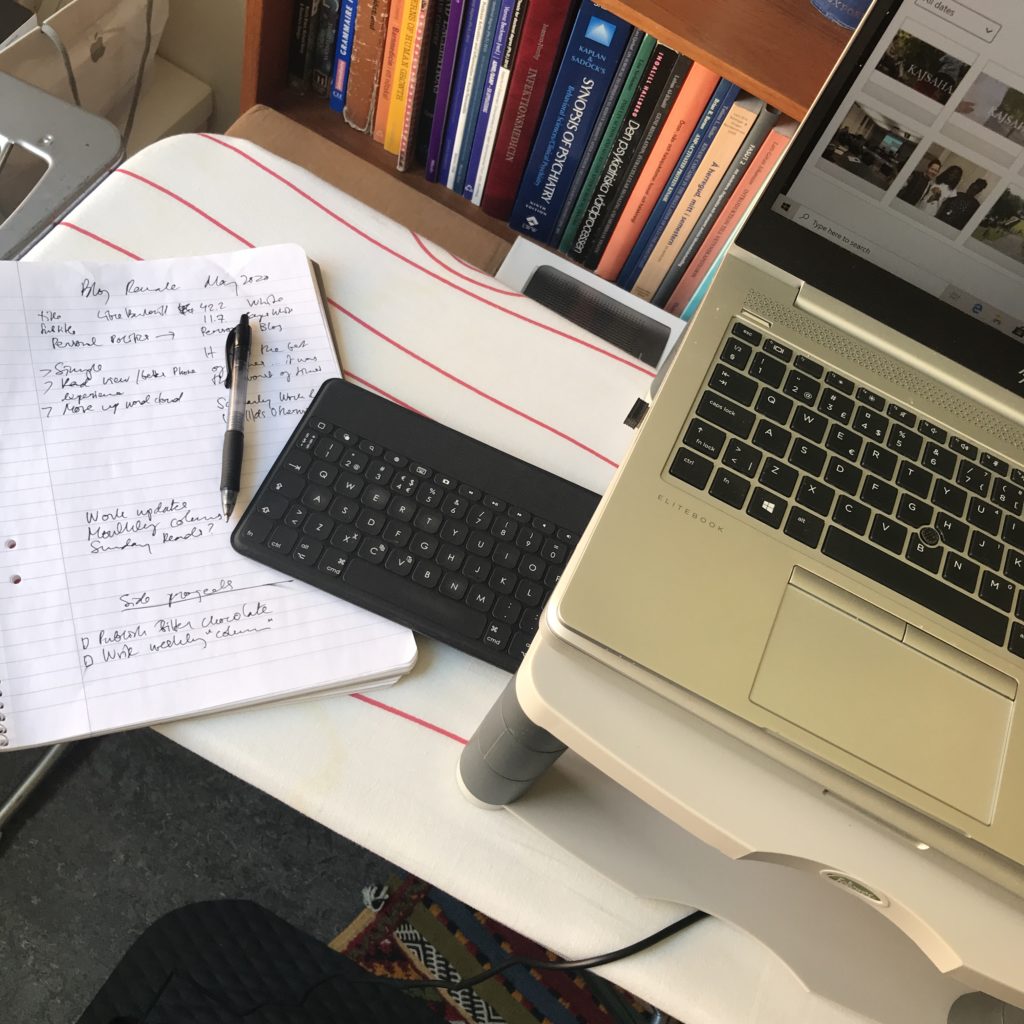
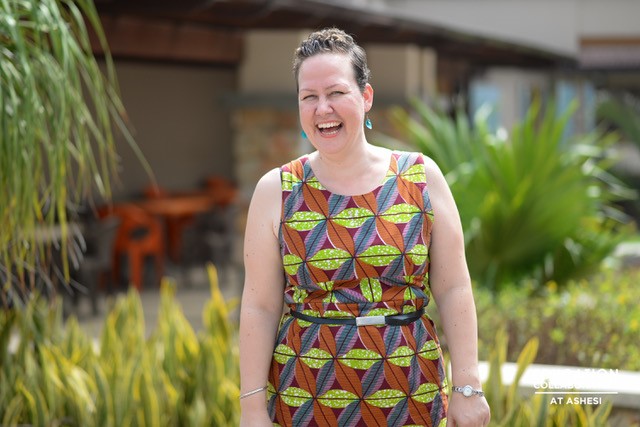
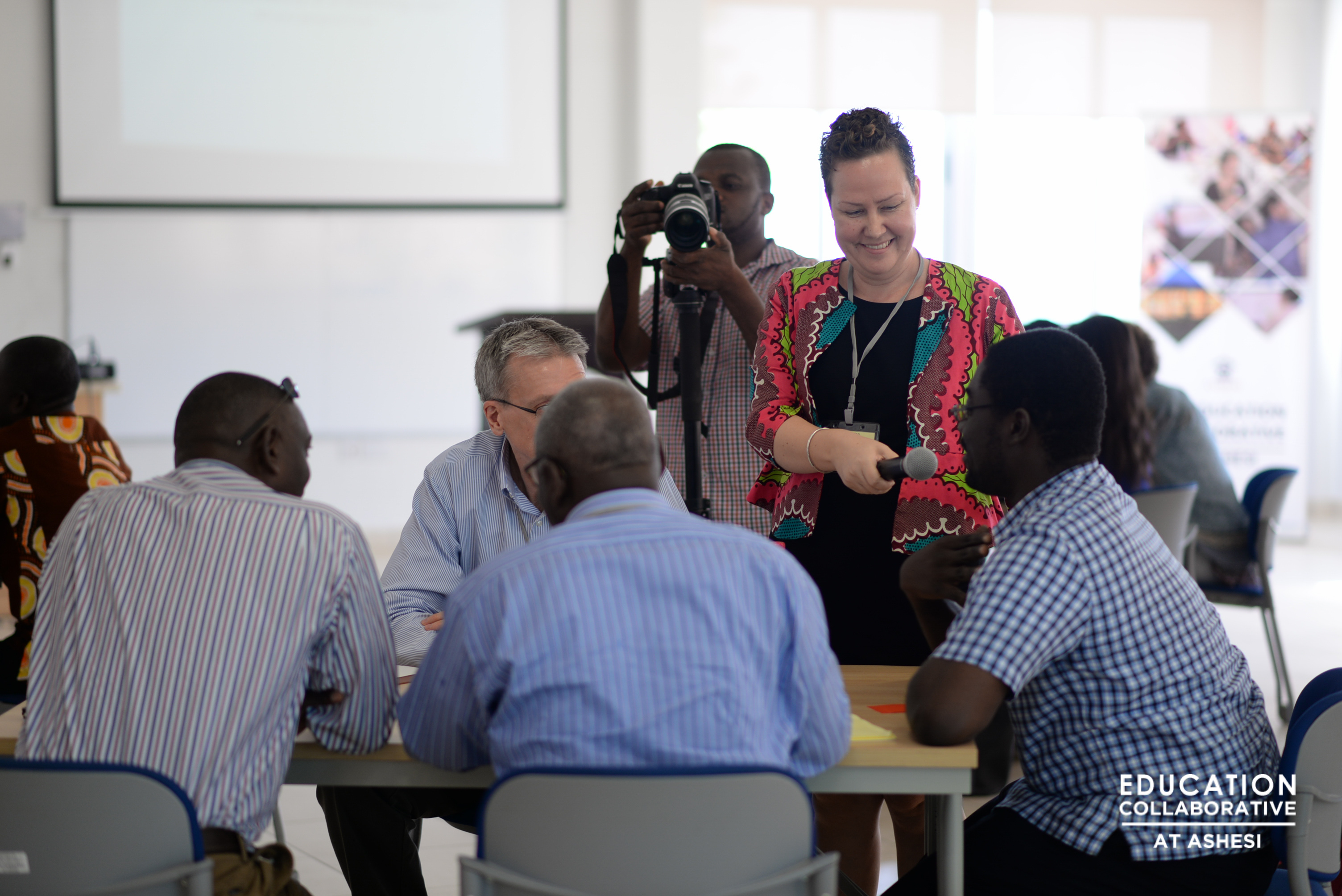
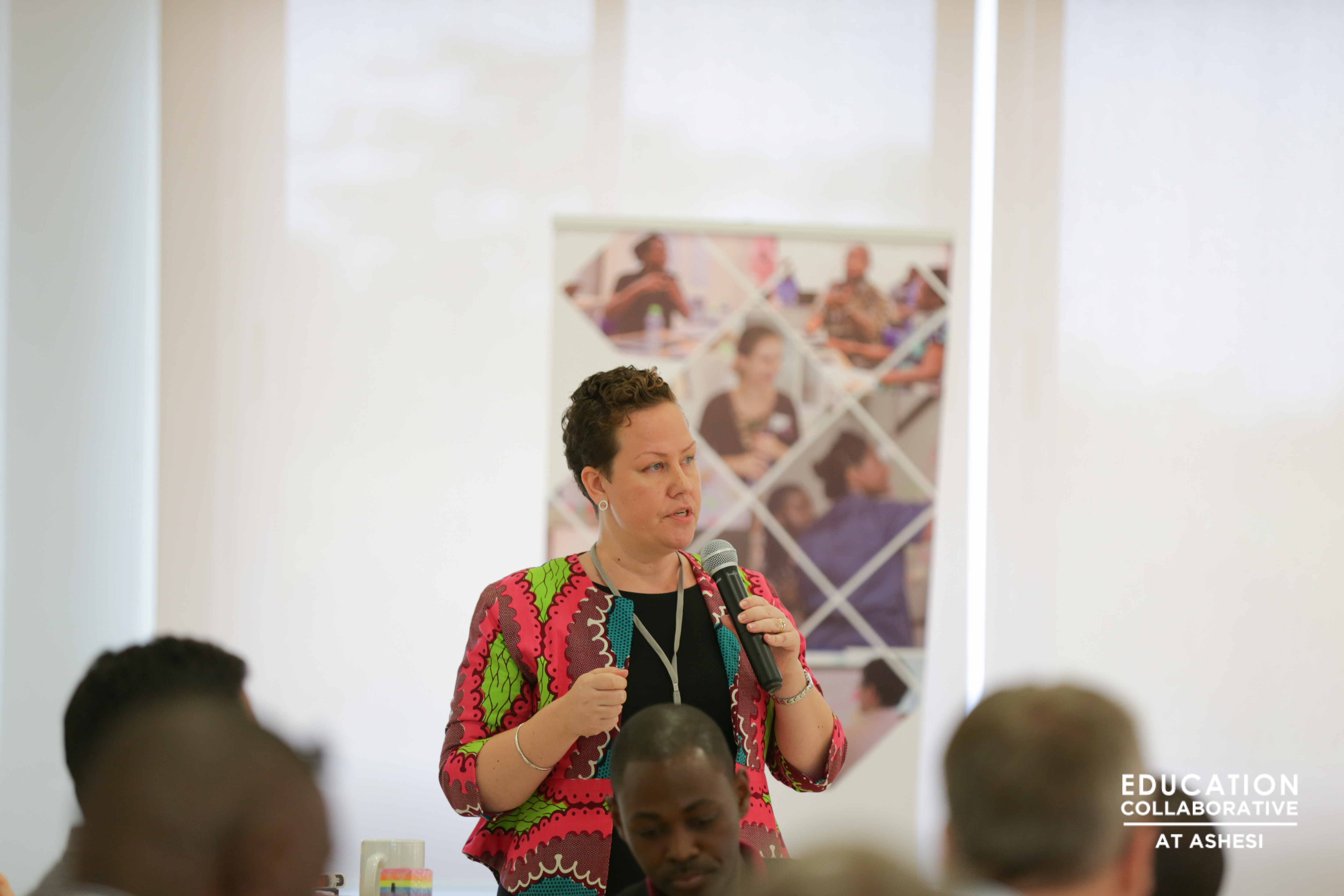
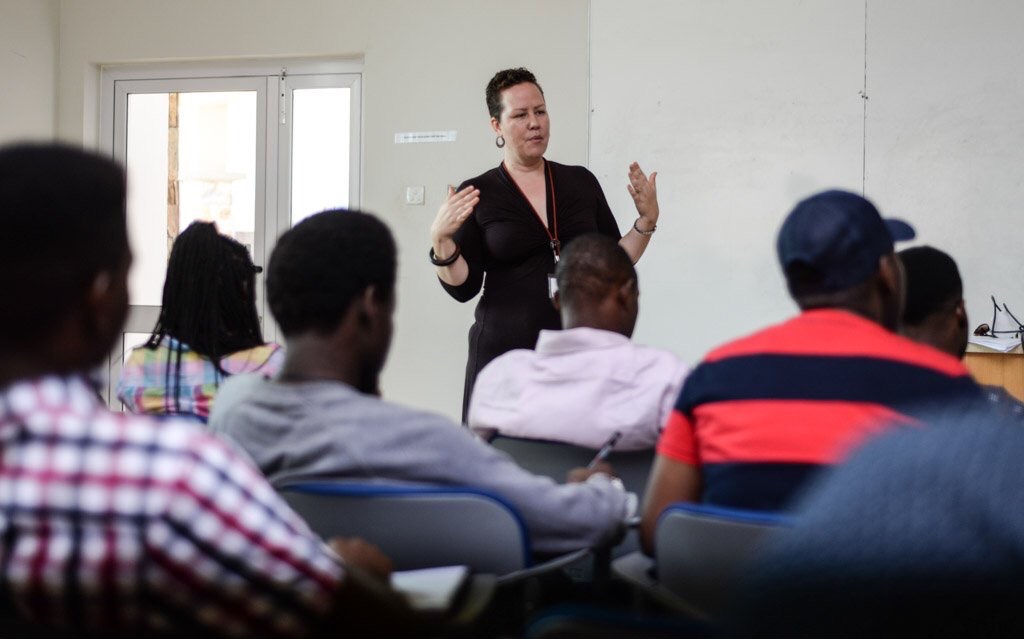

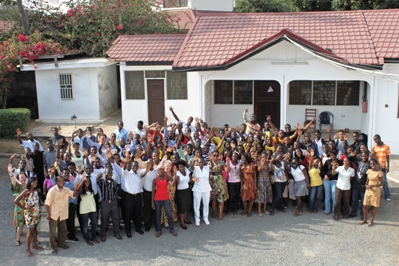
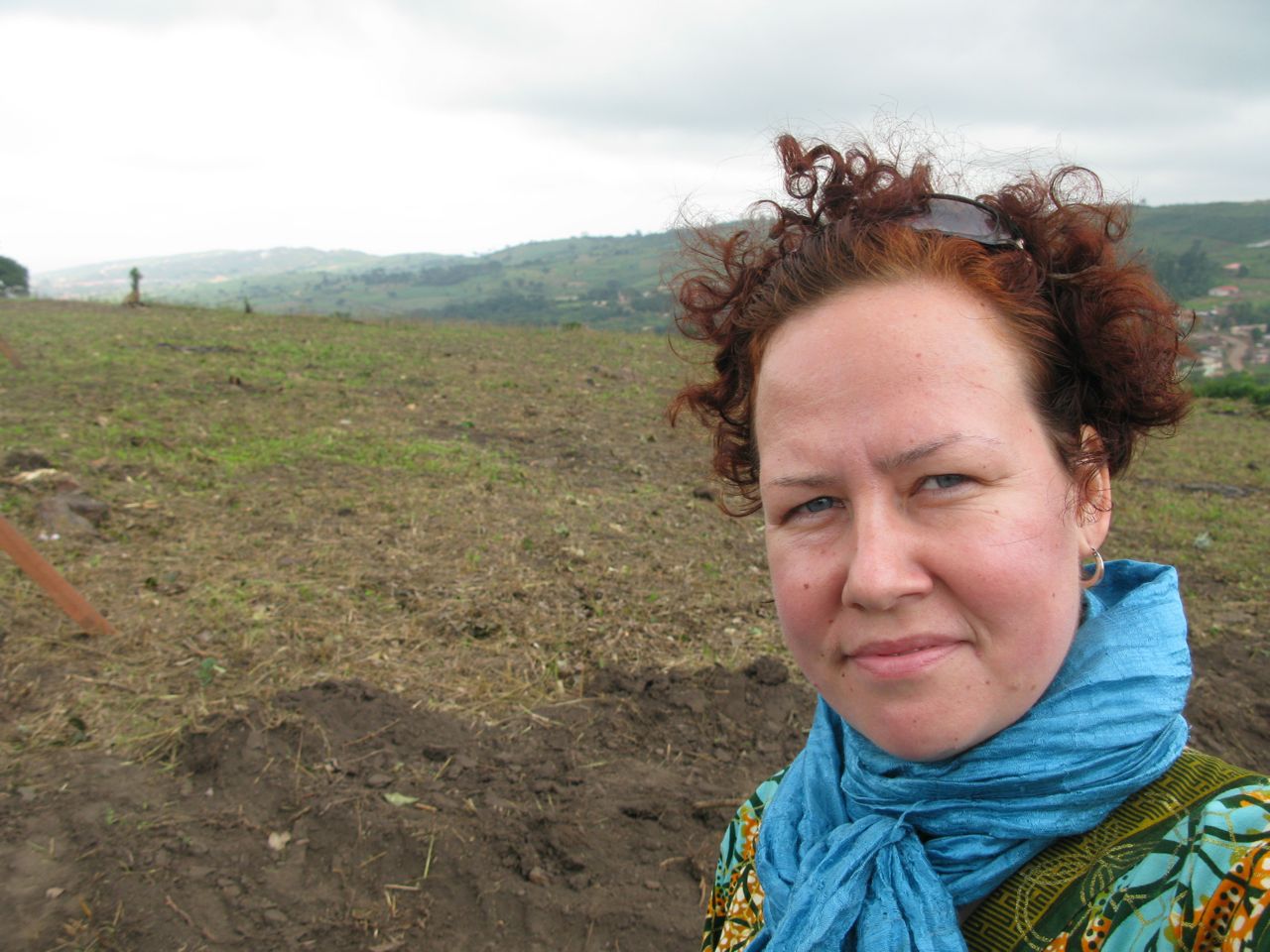
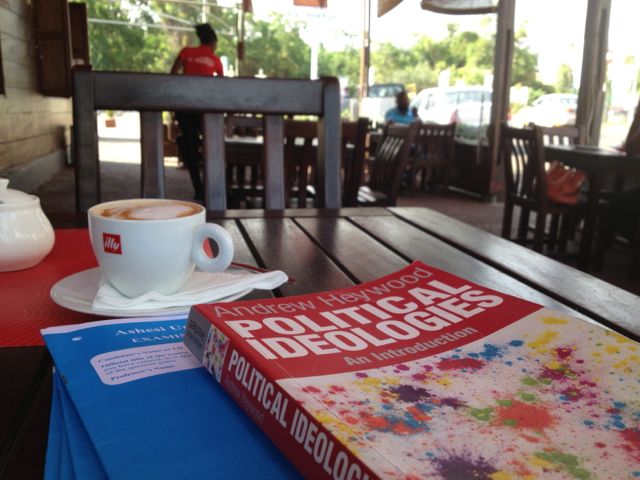

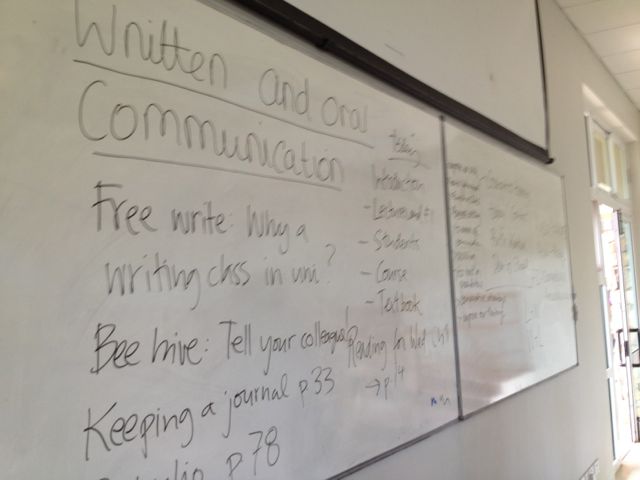
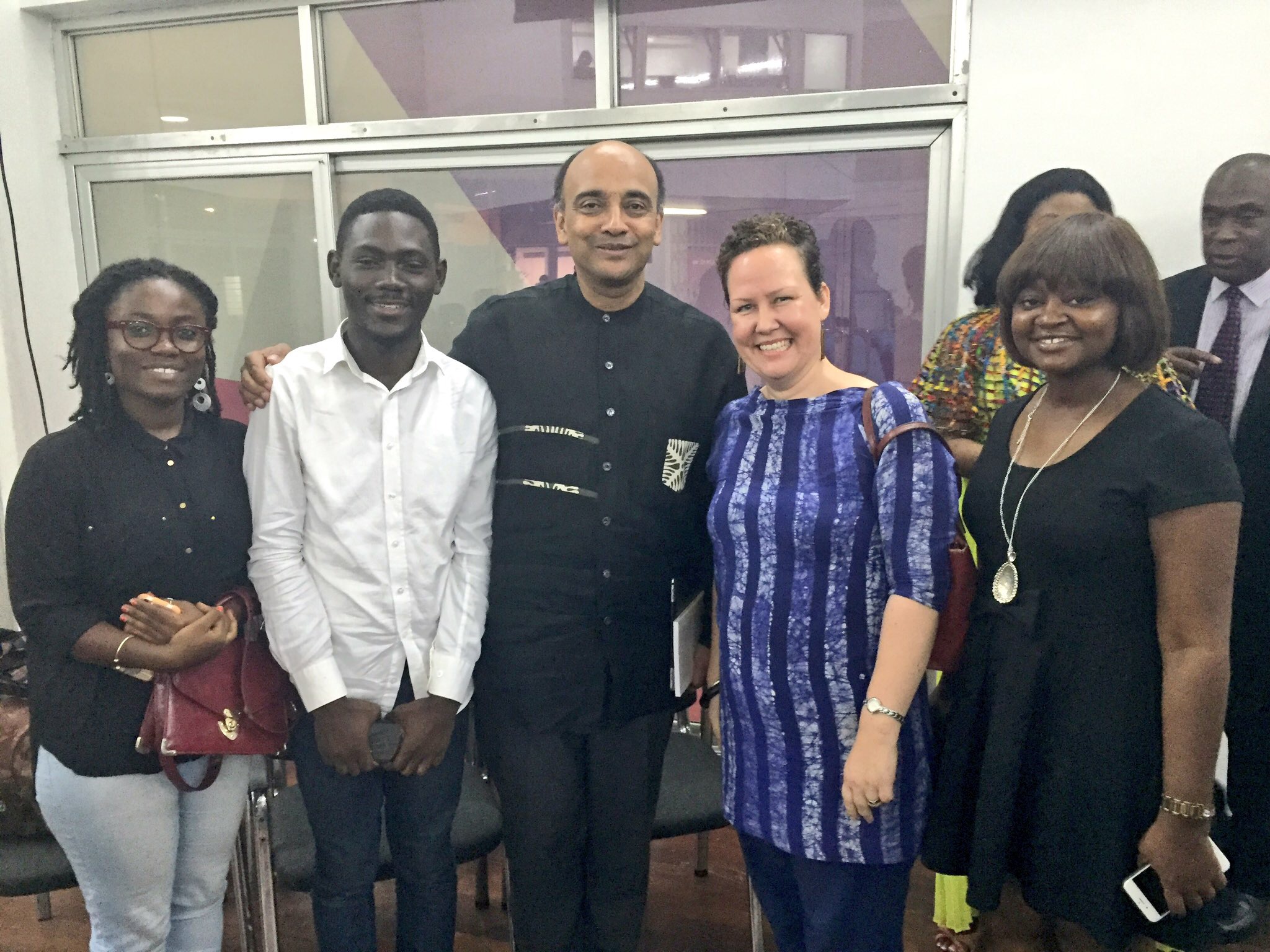
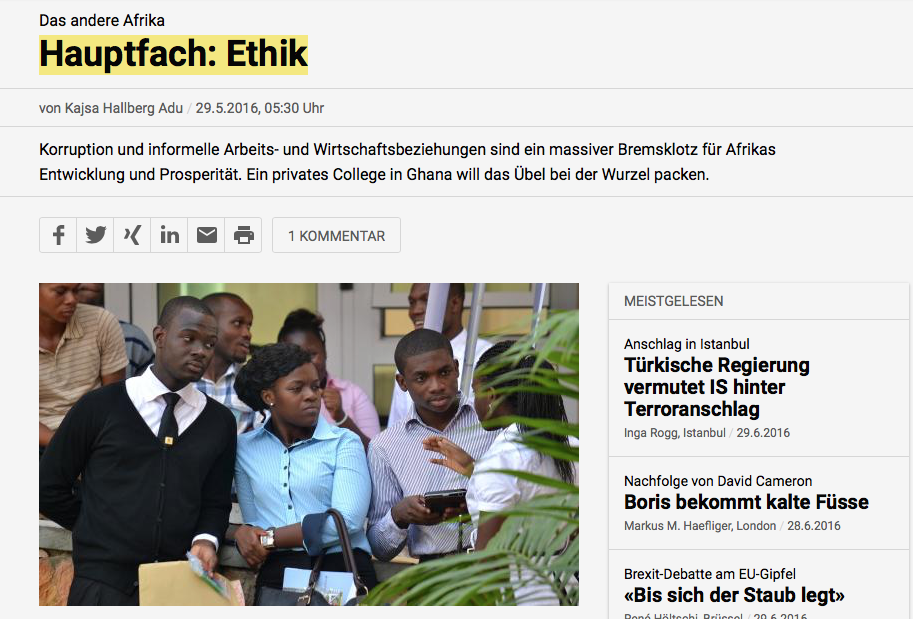
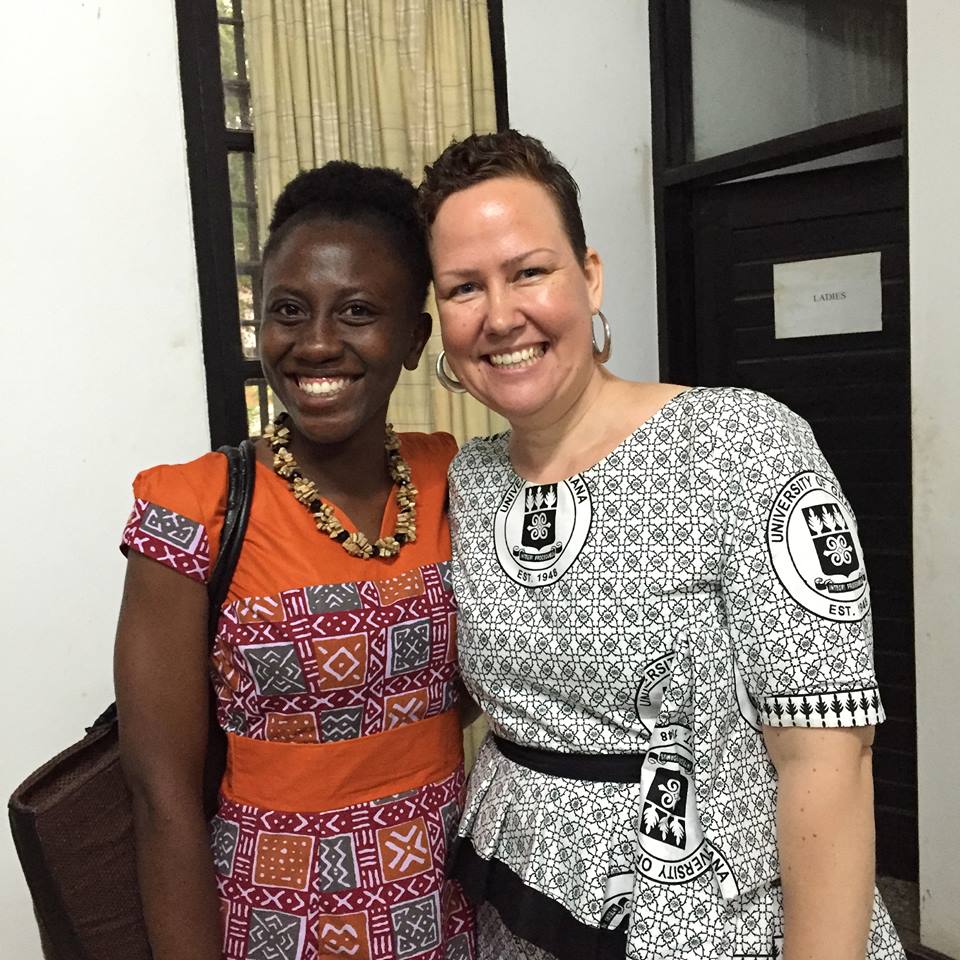
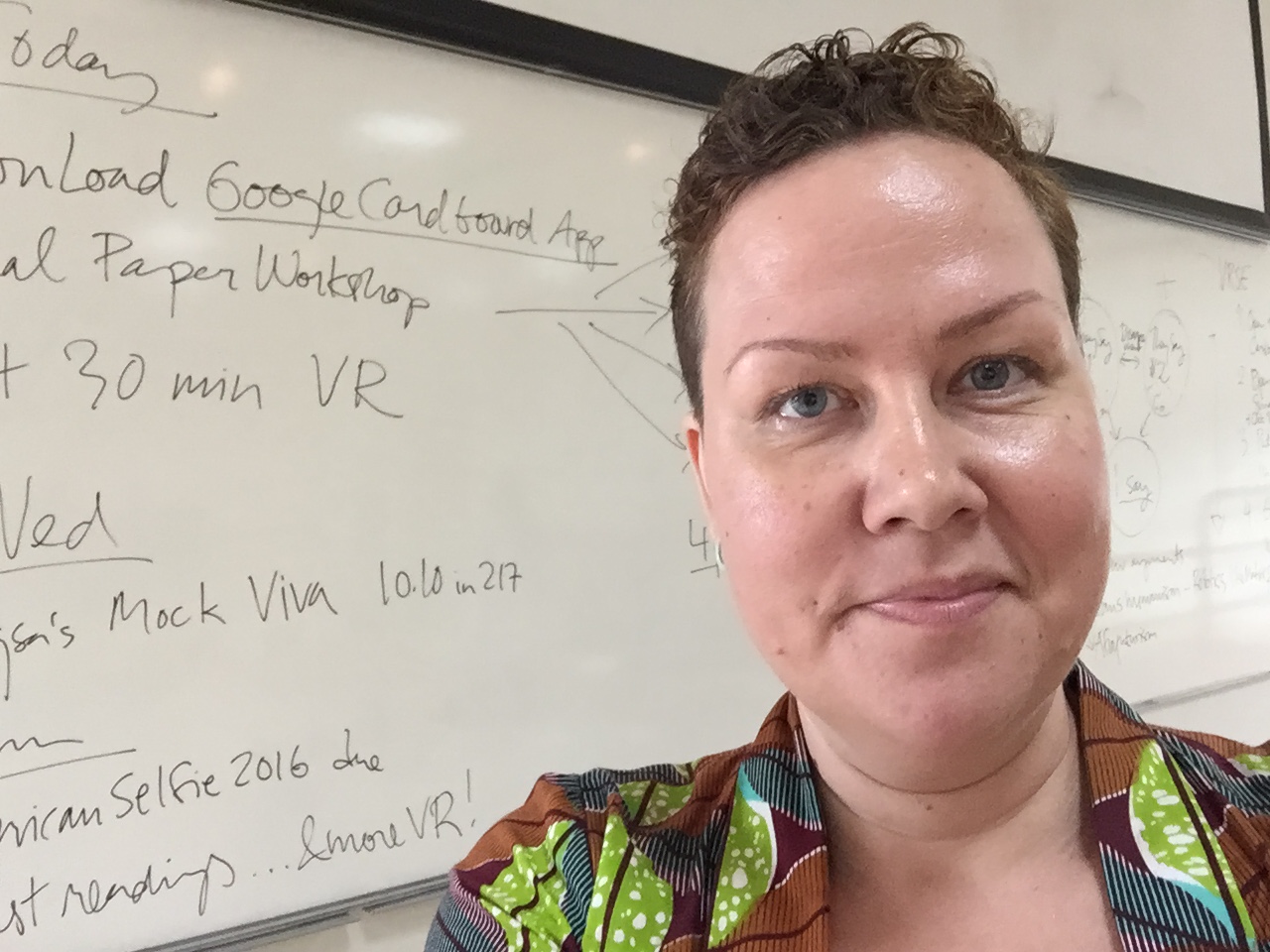
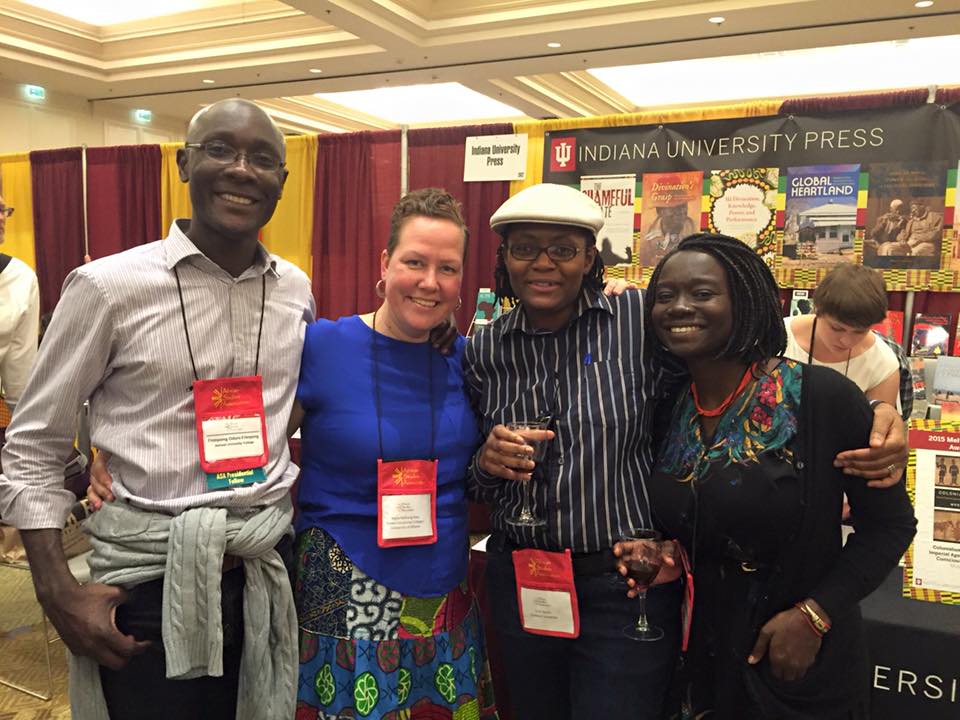
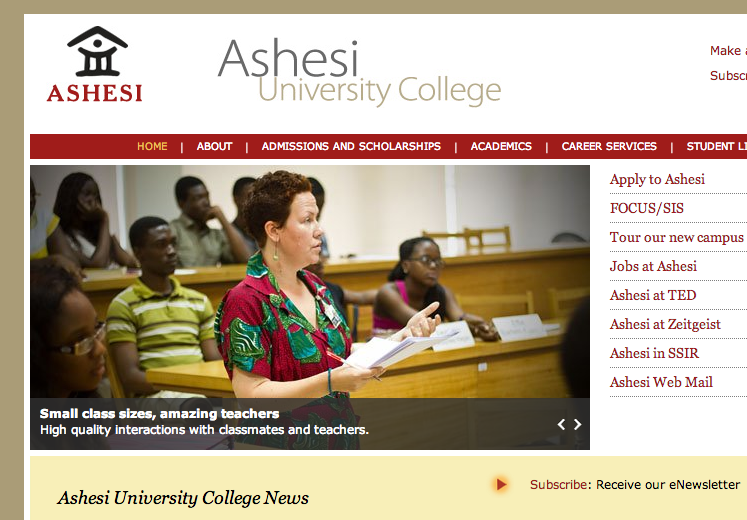
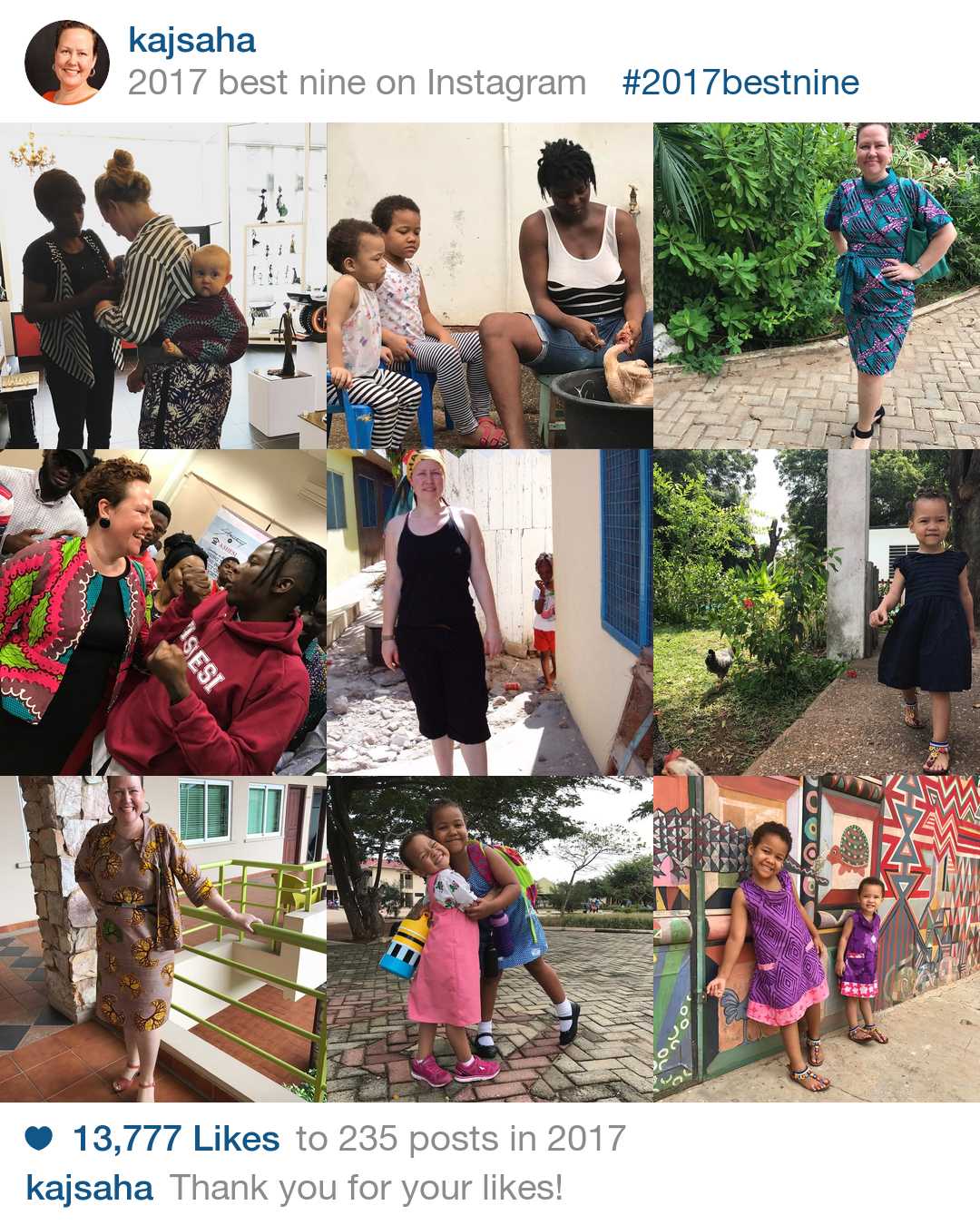
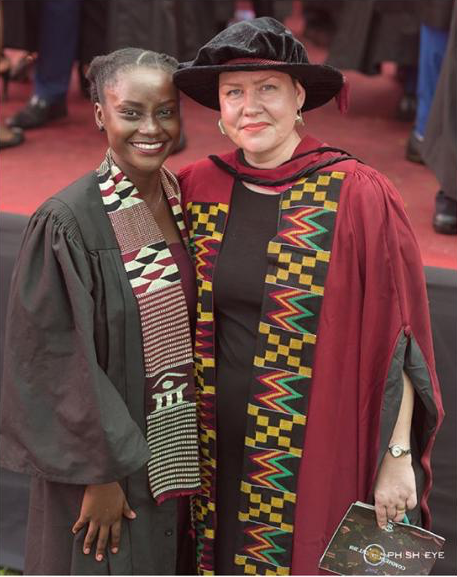
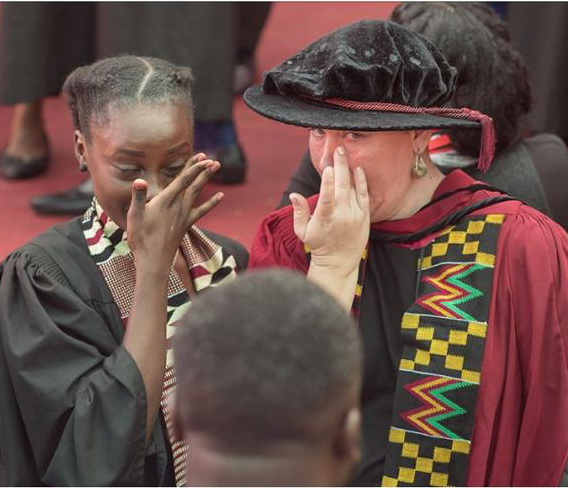

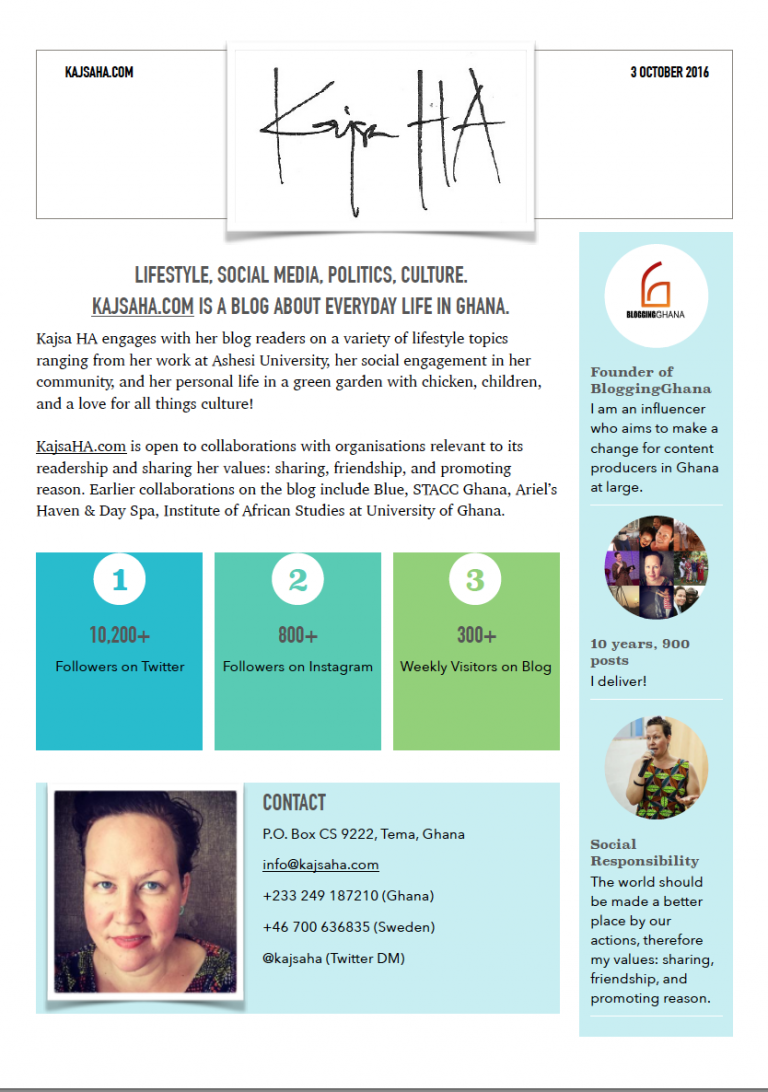
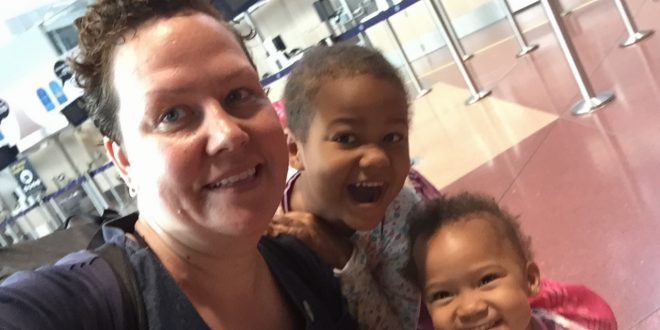
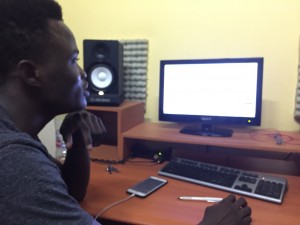
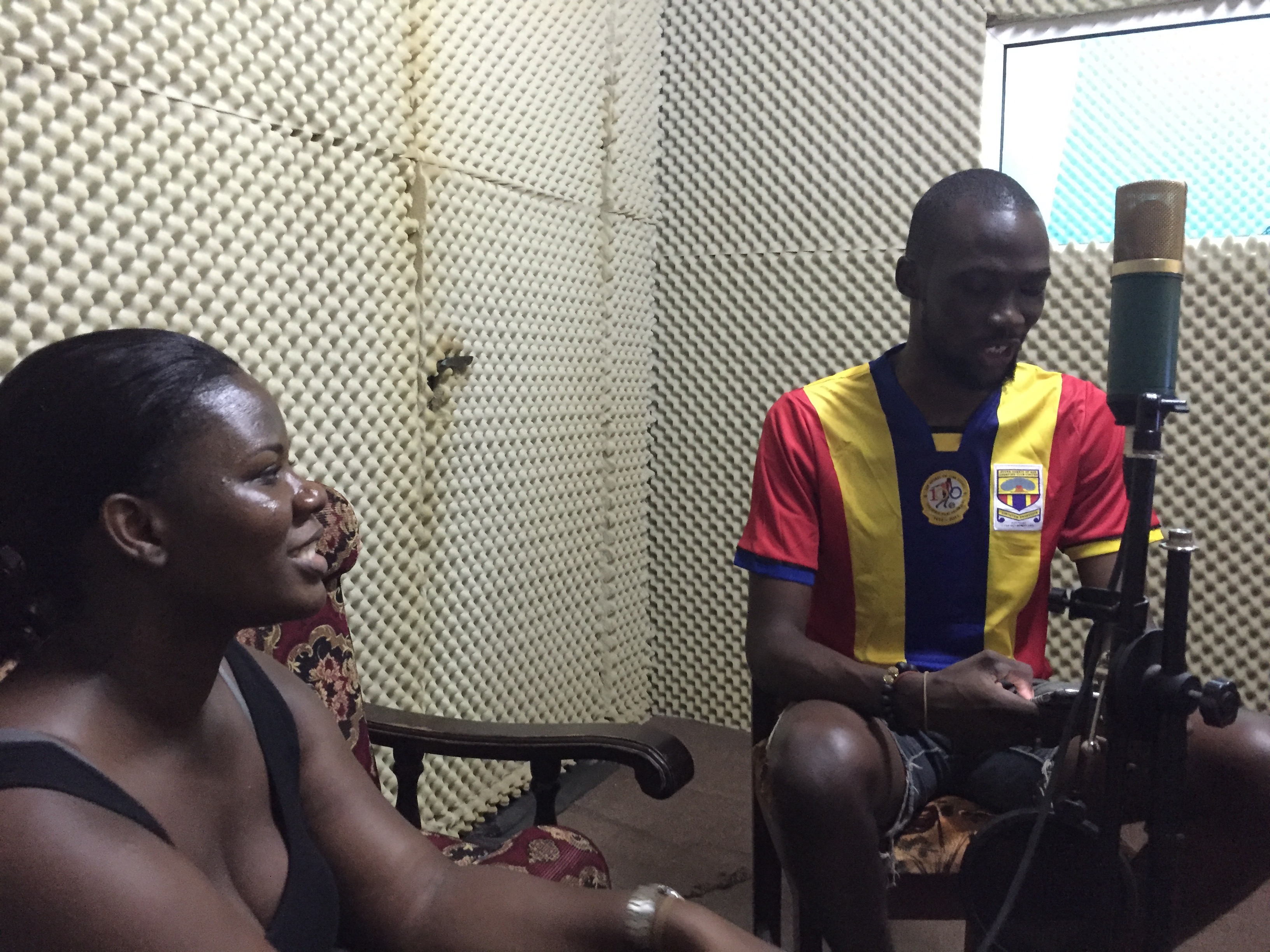
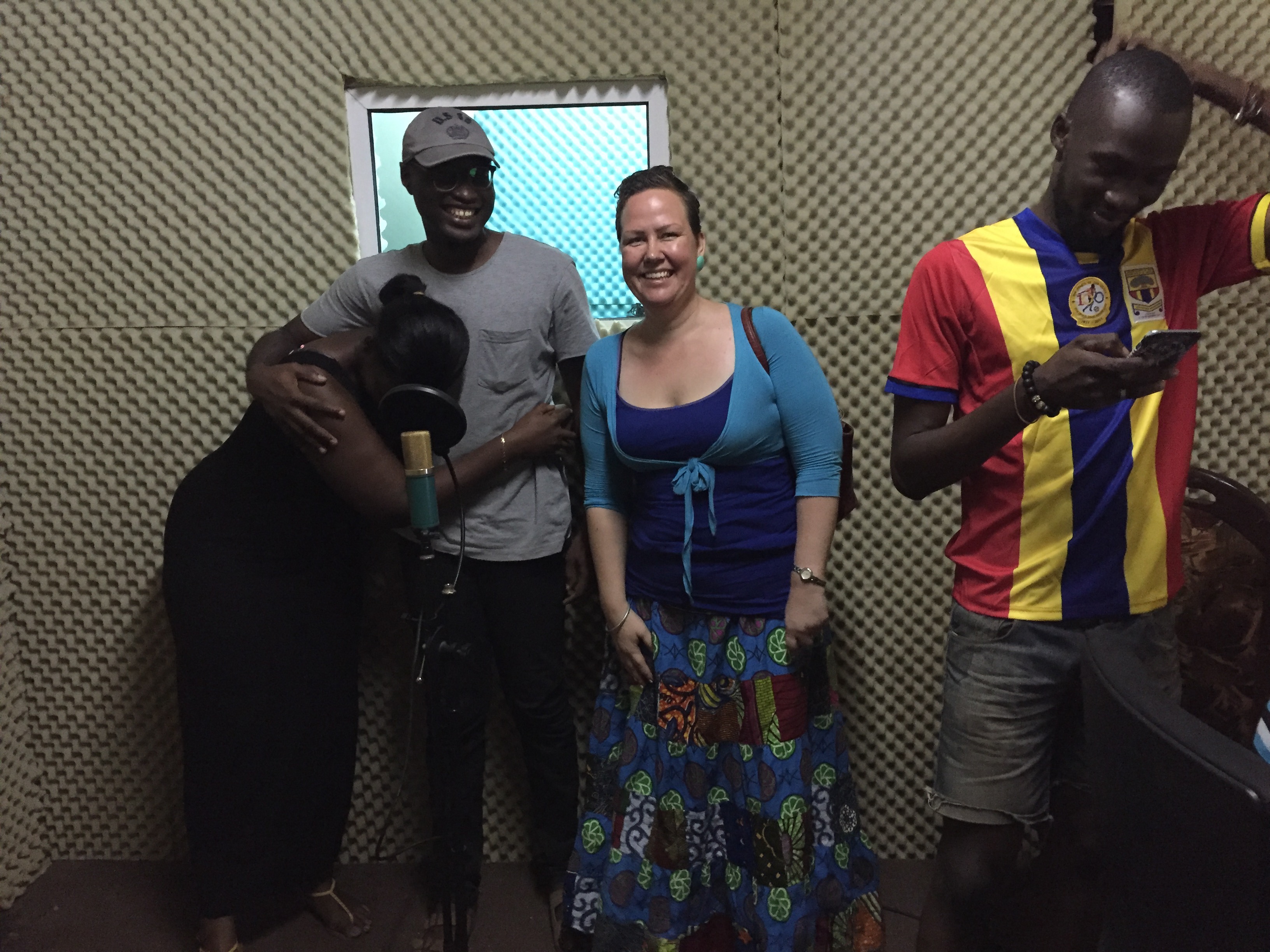
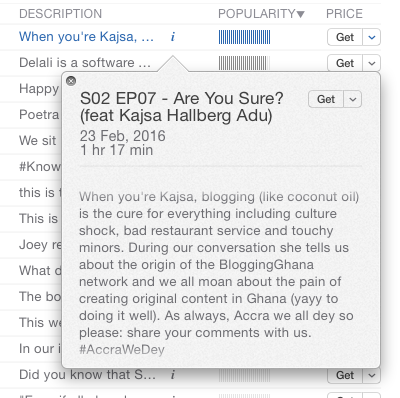
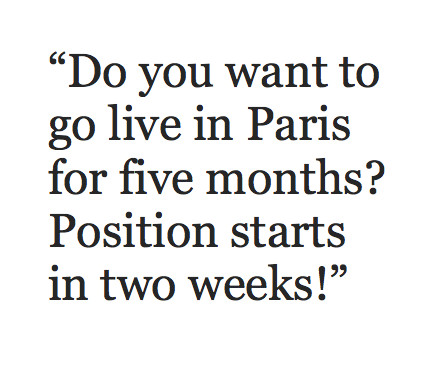 Ten years ago, someone turned down an internship in an organization based in Paris,
Ten years ago, someone turned down an internship in an organization based in Paris,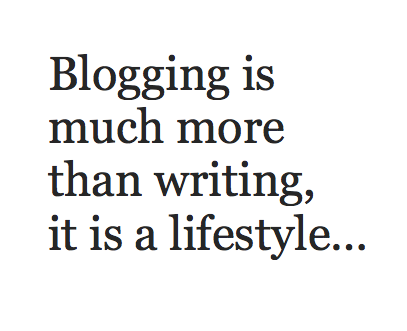 …blogging is much more than writing, it is a lifestyle in which you take note of details and think when facing hardship: “this would make a great blogpost” (last time it happened was yesterday when I was shopping for a bra in Accra, but that’s a different story!)
…blogging is much more than writing, it is a lifestyle in which you take note of details and think when facing hardship: “this would make a great blogpost” (last time it happened was yesterday when I was shopping for a bra in Accra, but that’s a different story!)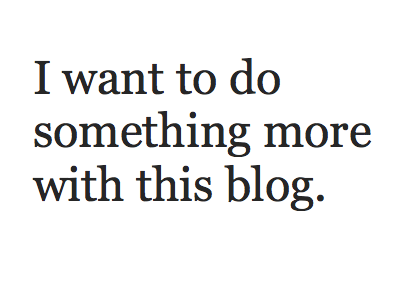 But I also know, ten years down the line, I know that I want to do something more with this blog. I want to publish blog texts elsewhere, I want to branch out into other mediums, I want to be bigger and at the same time a bit more focused. Does it sound contradictory? I guess it is!
But I also know, ten years down the line, I know that I want to do something more with this blog. I want to publish blog texts elsewhere, I want to branch out into other mediums, I want to be bigger and at the same time a bit more focused. Does it sound contradictory? I guess it is! 